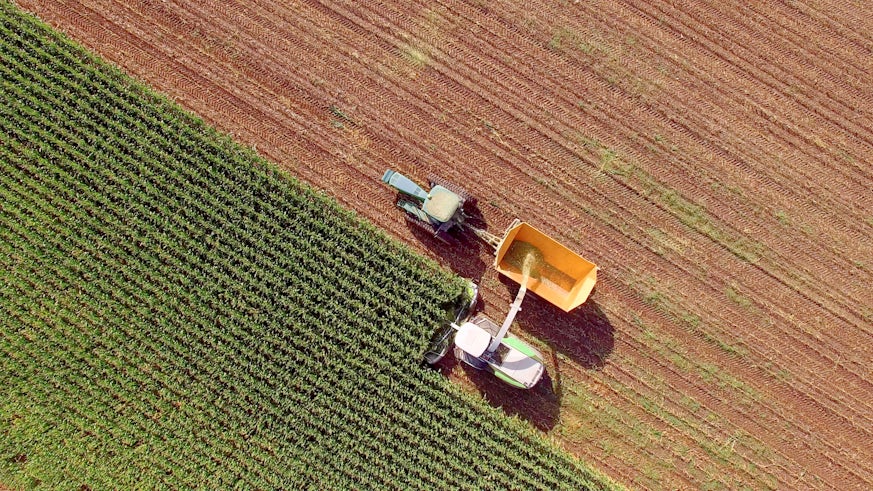New article examines good food work
6 April 2023

A new Journal of Agriculture, Food Systems and Community Development (JAFSCD) article authored by Poppy Nicol and Hannah Pitt of Cardiff University, and Susanna Klassen and Lydia Medland of Bristol University presents a new vision of “good” food work conditions, developed through the international Good Work for Good Food Forum.
Scholars and activists alike have exposed the conditions of food systems work to be objectively “bad” and argued for and advanced improvements to working conditions. But what does good food work look like?
Different food movements are working towards good food work in radically different ways. Building on the discussion of leading scholars who attended the international Good Work for Good Food Forum, the authors identify three archetypes for good food work futures.
While alternative food and peasant movements propose alternative labour arrangements based on agroecology, labour lawyers and other advocates propose regulation and formalization of workplace regimes. Most recently, a third possibility has emerged from agri-tech innovators: a techno-centric future with far fewer agricultural workers.
These three archetypes of agricultural labour futures (agroecological, formally regulated and techno-centric) have the potential to leave food scholars and activists without a unified, coherent vision to advance.
In the article, the authors address this gap, presenting a new vision developed through the international Good Work for Good Food Forum. The forum was organized by the authors with the aim of shaping consensus on positive visions for work in food systems, where around 40 scholar-activists across three continents discussed the current challenges facing food workers and crafted a collective vision for good food work.
This vision is documented in the form of nine principles. Good food work across all sectors and all scales should:
- Be recognized as valuable and skilled;
- Be fairly paid, often well-paid, and personally fulfilling;
- Be available to everyone regardless of personal identity or immigration status;
- Be safe, and carried out in a healthy and supportive environment;
- Use technology where it assists workers;
- Include opportunities for skills development and career progression;
- Provide workers with access to social security support;
- Have conditions and terms determined together with workers; and
- Enable workers’ freedom of association and engagement in collective action.
The authors conclude by emphasising the need for a people-centred incorporation of technology and a re-valuation of food workers’ contributions to global food systems.
The article offers the nine principles as a vision for good food work to provide a collective platform for action to advocate for and organize with workers in food systems.
Based on this vision, as well as the barriers to achieving it identified by workshop participants, the authors indicate seven key pathways for achieving good food work:
- Challenge structural forces, especially capitalism and racism
- Build alliances and solidarity
- Elevate and empower food workers
- Educate and galvanize the public around worker demands
- Improve governance and policy for worker rights
- Build supply chains that enable possibilities for good food work
- Take a systems approach to addressing food systems challenges.